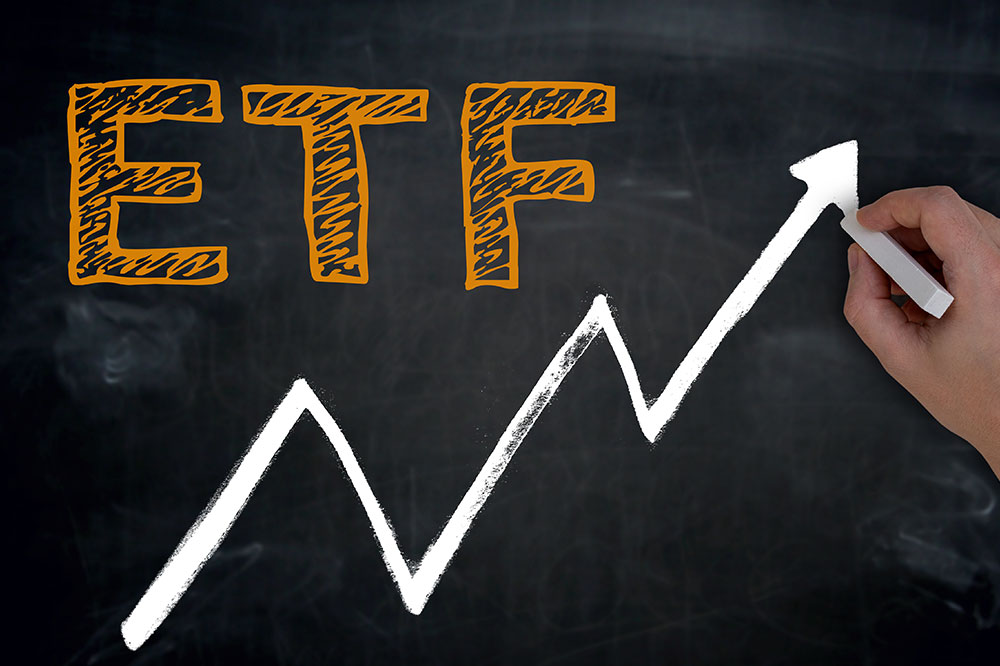
health
5 questions to ask a gastroenterologist
The digestion and excretion processes are vital for maintaining our overall health. Yet complications with the gastrointestinal system, such as constipation and gas, are least discussed. And this is because people are primarily uncomfortable talking about their gastrointestinal health. Fortunately, a gastroenterologist could address any queries one may have about gastrointestinal health and also recommend remedies and treatment methods. So here are a few questions that one can ask their gastroenterologist. What is the cause of excessive gas? One of the most common factors in gastrointestinal health that most people do not talk about is passing too much gas. The condition could occur due to flatulence, i.e., swallowing more air than usual or eating food that is difficult to digest. Gasses may also build up when the body digests food and needs to get rid of it through flatulence or belching. However, too much gas could also occur because of health problems such as recurring indigestion, Irritable Bowel Syndrome (IBS), and Inflammatory Bowel Disorder (IBD). So one is better off speaking to an expert who will help them diagnose the condition. Are unusually colored feces normal? An individual might find that the color of their feces is different occasionally and worry about it.













